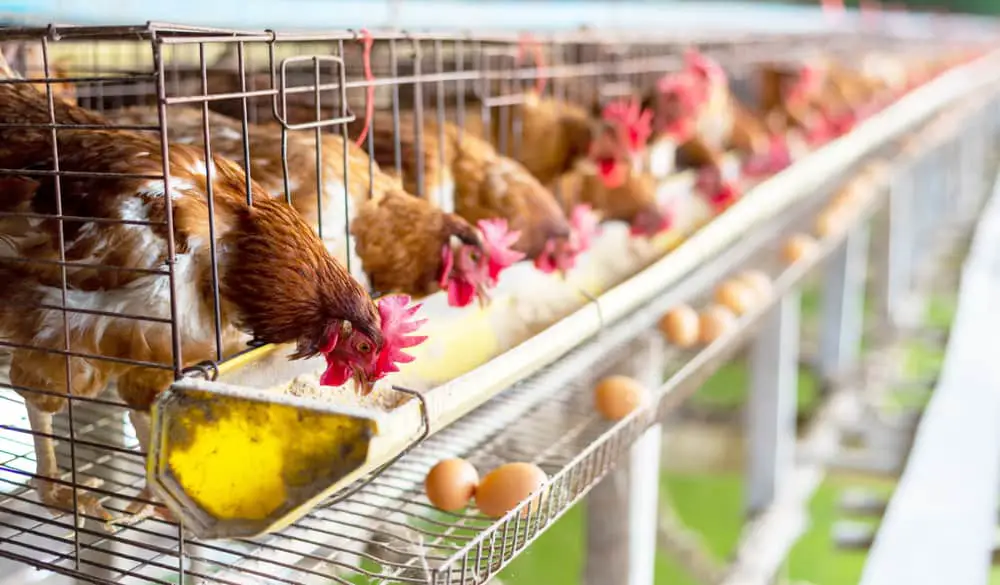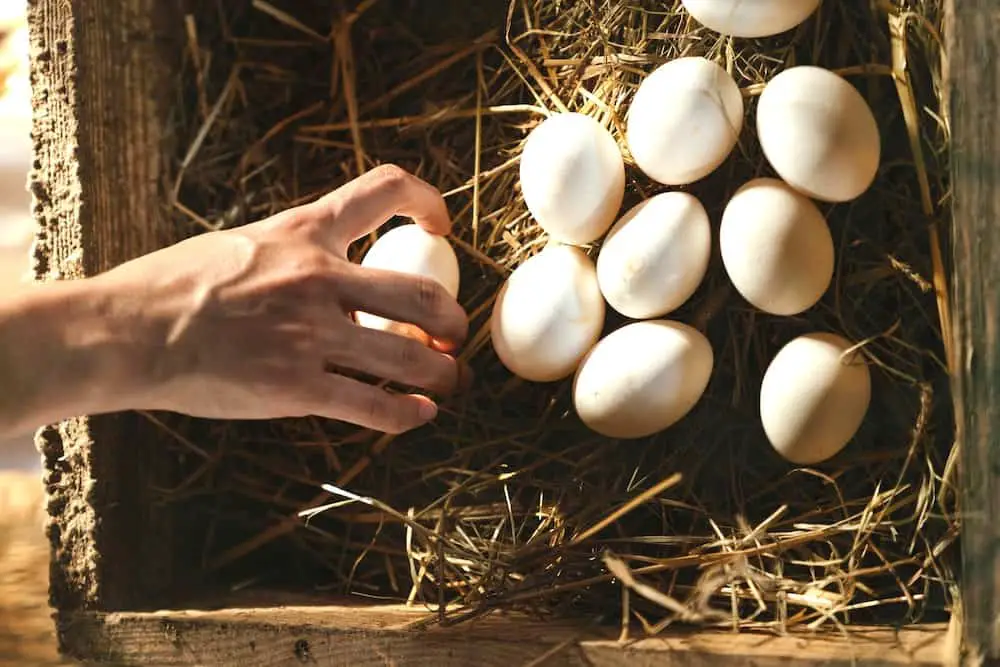If you love eggs but are trying to avoid supporting factory farms that treat their chickens so inhumanely – we understand how tricky it can be to find reputable egg suppliers that you can trust.
What would cruelty-free conditions look like for a hen? And how can you trust that the eggs you’re buying are ethically sourced?
Eggs can be cruelty-free if they are farmed in a humane environment where the hens that produce them have a nutritious diet and enough space to roam. Most of the time, you can buy these eggs at your local farmer's market, health-conscious supermarkets, and health food stores.
If you'd like to know more about cruelty-free eggs and why you should exclusively buy them – we've got you covered. Below we will break down precisely what it means to be cruelty-free, and then we'll examine the various ways you can make sure the eggs you're buying are responsibly gathered.
So, come along and take a step into creating a more humane society.
What Does it Mean to For an Egg to Be Cruelty-Free?
"Cruelty-free" is an umbrella term that includes everything from products like clothing made with the environment and seamstresses in mind to foods like dairy products produced without harming or killing animals.
Cruelty-free eggs are the product of chickens that are raised in an environment with a healthy diet and humane conditions.
Often, standard store-bought eggs come from factory farms where the chickens are raised under inhumane conditions and given food that is only meant to boost their flavor but isn't necessarily good.
What is So Cruel About Factory Farming Chickens?
You may have heard how bad factory farming is, but you may be wondering what exactly makes it so inhumane-particularly when it comes to raising chicken.
There are several issues with the way factory farms treat chickens, including:
While each one of these disadvantages to factory-farmed eggs could be harmful, all of them together are certainly not good for the chickens or those that eat their eggs.
We can understand if you’re questioning the chicken industry as a whole right now. So, if you’re asking yourself the question: “Should I eat chicken at all?” – here’s an article that will help: Is It Cruel to Eat Chicken?
What Are the Benefits of Cruelty-Free Eggs?
Cruelty-free eggs are not only good for the chickens but for the people who eat them as well.
Because of the diet of chickens raised in factory farms coupled with the processing that goes into preparing standard store-bought eggs, they end up being less nutritious than their cruelty-free counterparts.
Just a few of the many benefits of cruelty-free eggs include:
Something important to remember, however, is that there are not many regulations in place for a chicken to be labeled free-range or cage-free. They can still live in low-quality, crowded areas that are not properly cared for.
One of the best labels to look out for is “pasture-raised.” This means the chickens could forage for their own food and their eggs often have a deep and rich yellow yolk – an indicator of the powerful antioxidant lutein.
If you can’t find any label that guarantees eggs come from pasture-raised hens, you can always look for a third-party label from a welfare organization. The gold standard one being AWA (Animal Welfare Approved) – they only approve family-owned farms that ensure chickens live in their natural state.
Where to Find Cruelty Free Eggs
So now that we've established why cruelty-free eggs are the way to go, you're probably wondering where you can find them. Fortunately, there are several different places you can find cruelty free eggs these days, including:
And if you have slightly older children that appreciate nature, then raising chickens together will be a fantastic way to teach them responsibility.
So, Can Eggs Be Cruelty-Free?
Eggs can indeed be cruelty-free if the hens they are sourced from are raised in humane environments and fed healthy diets.
Factory farms are the number one source of inhumanely sourced eggs. So, if you want to find cruelty-free eggs, you need to buy from local farms and small businesses where the chickens are guaranteed to be free-range.
Beyond just the fact that the hens are better treated in these free-range environments, their eggs also come with several other benefits. They are better for the environment, tastier, and more nutritious than their factory-farmed counterparts, and they tend to be far fresher. You really can't go wrong by switching to cruelty-free eggs!


